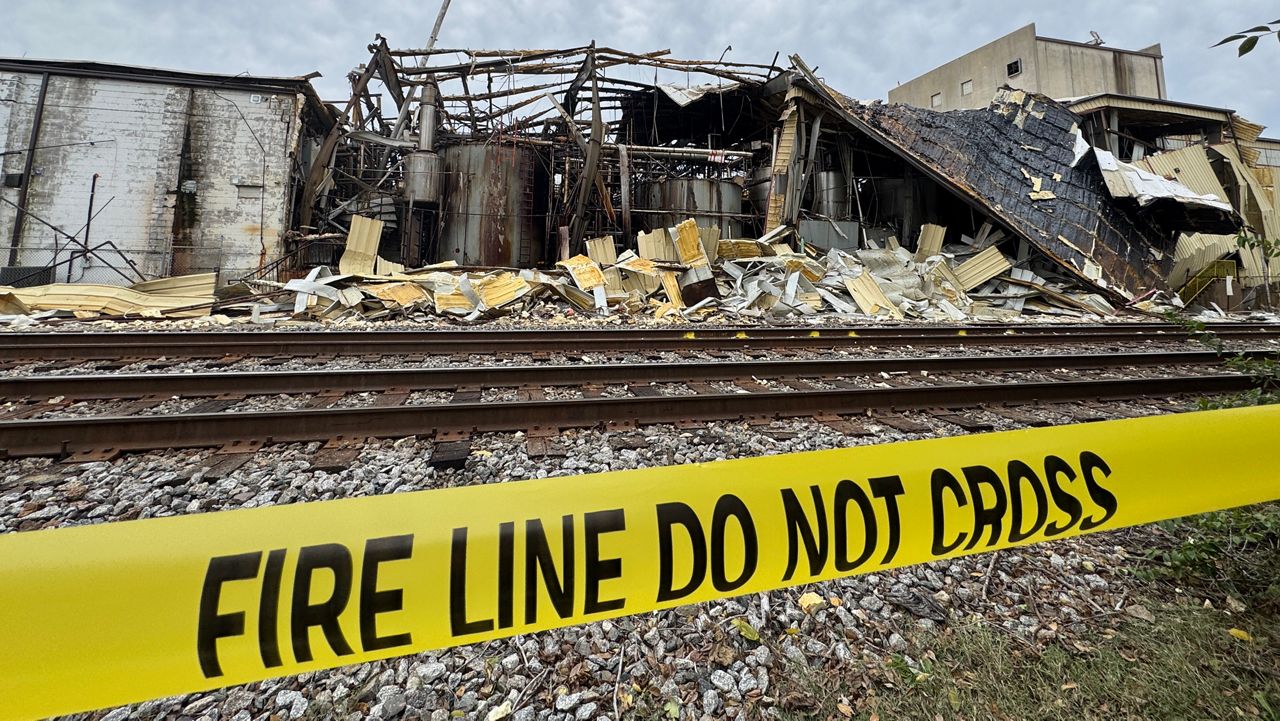LEXINGTON, Ky. — According to the Center for Healthcare Quality and Payment Reform, nearly a quarter of rural hospitals in Kentucky are at risk of closing.
Four rural hospitals have closed in Kentucky since 2005, and 30 have seen a loss of services. Now, over 600 rural hospitals or 30% of all rural hospitals in the country are at risk of closing.
The Center for Healthcare Quality and Payment Reform there are two reasons for this; losses on patient services and low financial reserves. The report says health insurance plans do not pay these hospitals enough to cover the cost of providing the services. Losses are also expected to be greater because of inflation and workforce shortages, making costs higher for all hospitals.
Many rural areas have an older population or are lower income, meaning many in the population base rely on Medicare or Medicaid for health coverage. Dr. Ty Borders, Director of Rural and Underserved Health Research Center at the University of Kentucky says this puts rural communities and hospitals in a tough position.
“Medicaid especially pays a bit less in terms of health care services than private insurance. In urban hospitals you’d have more of a mix or a blend of private insurance among their patients as well as Medicaid and Medicare,” Borders said.
There are 16 hospitals at risk of closing, with 10 at an immediate risk of closing in Kentucky. To note, the commonwealth has 72 rural hospitals, many in eastern Kentucky.
If these hospitals were to close, patients would have to find another provider. But Borders said with hospital closures some rural areas see an increase in primary care services which could be a good thing for some towns.
“If we can provide primary care to citizens, including primary medical care, routine medical care as well as other related services including mental health services that might be better overall for the population than having locally available in-patient services,” Borders said.
Borders added many may have a hospital in their rural community but choose to go elsewhere that does elective procedures more often. Overall, some rural communities can’t support a full-fledged hospital because of limits in funds and sparse population.
Borders says one way to combat this is regionalizing health care for certain counties and areas.









